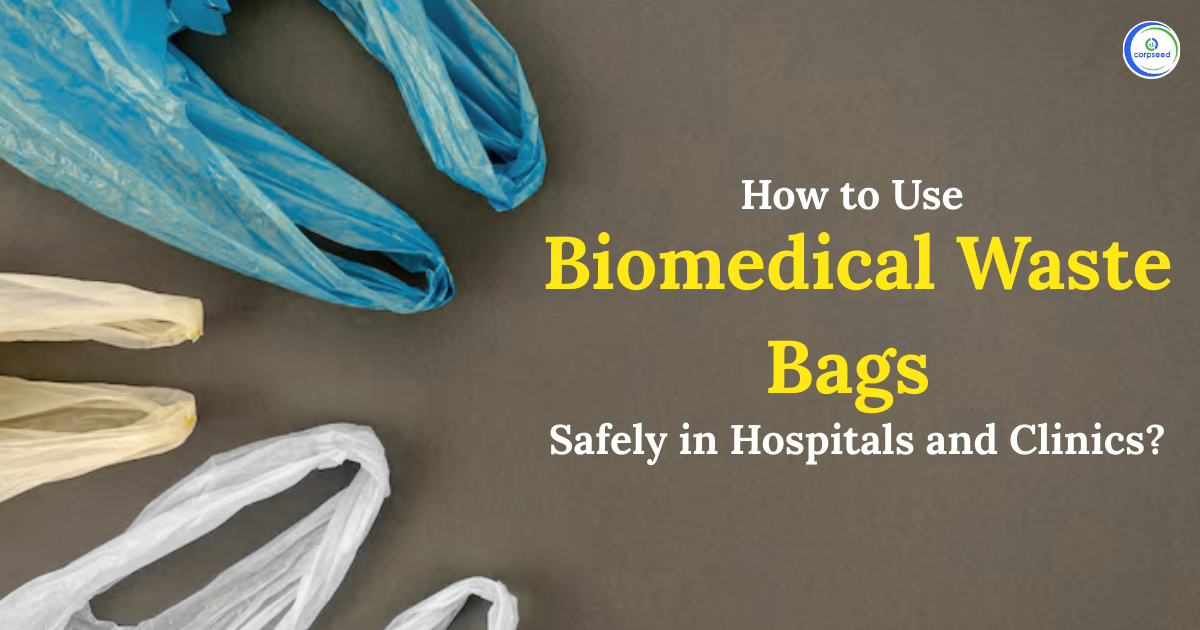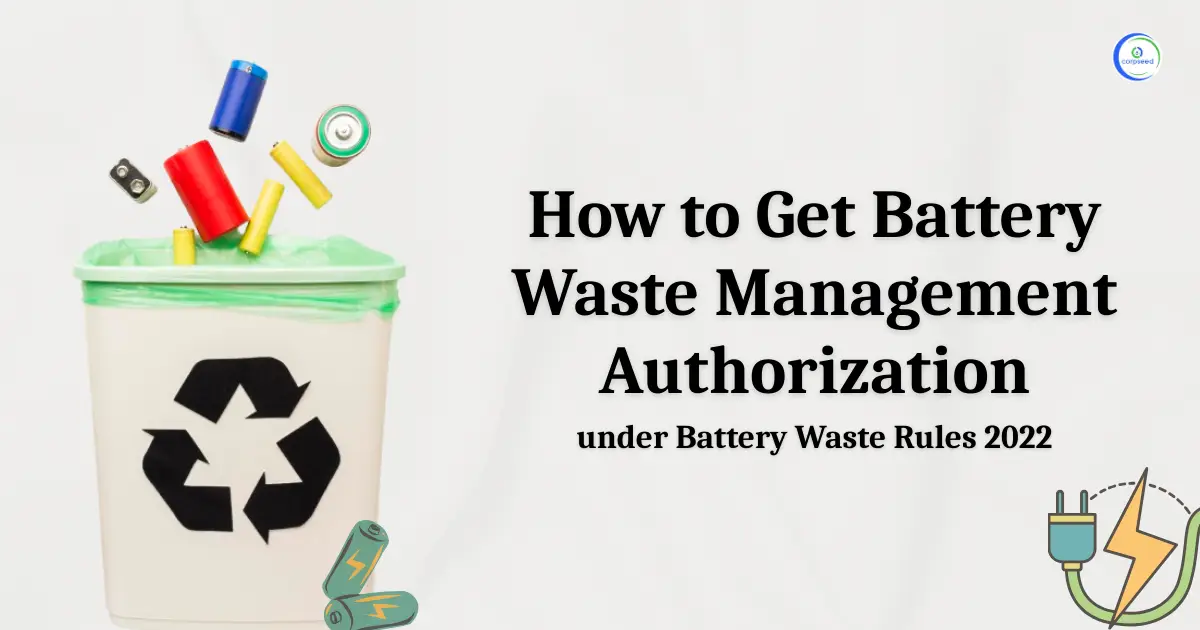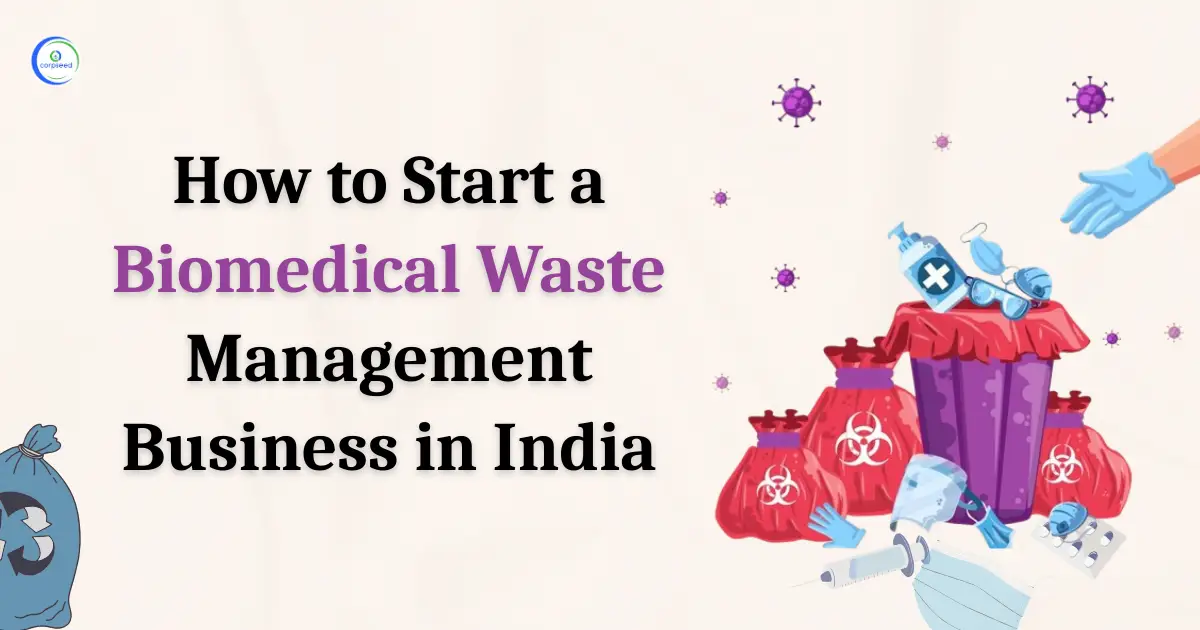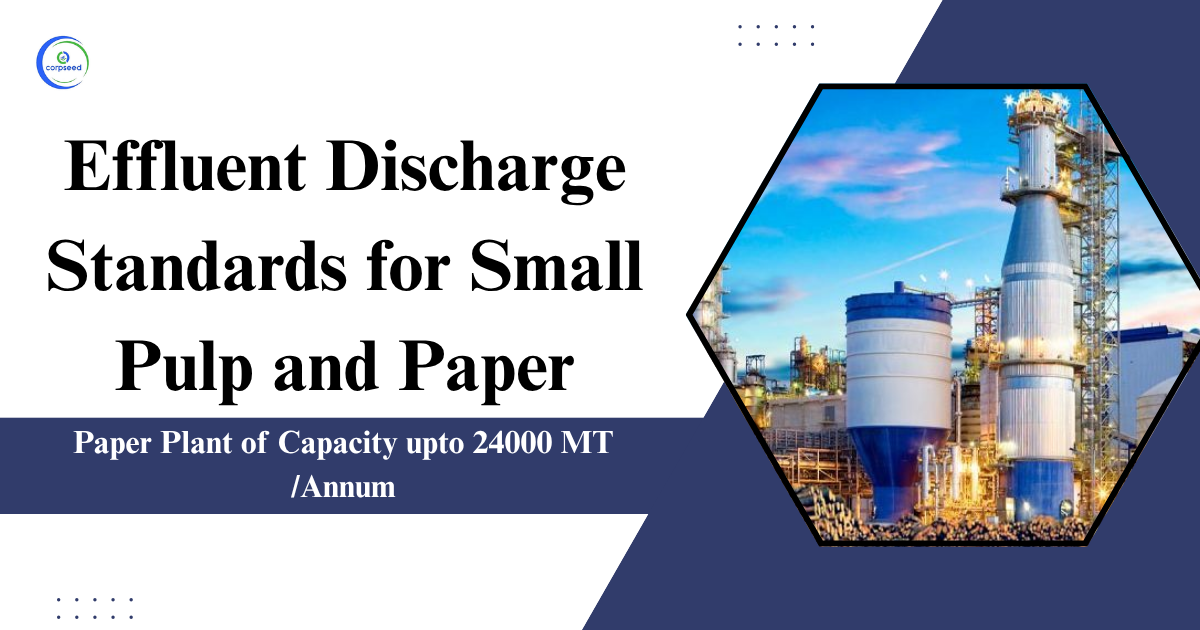Introduction: Plastic Waste Management Rules
It can be said that plastic is a material that can never fail since it finds so many uses and applications both for personal and commercial use. However, the downside to this is that the plastic material is left discarded without adhering to proper disposal methods and techniques.
Table of Contents
- Introduction: Plastic Waste Management Rules
- Applicability of Plastic Waste Management Rules, 2016
- Management of the Plastic Waste
- Role of the Local Bodies and their Responsibilities
- What is the Responsibility of the PIBO in Plastic Waste Management?
- Registration Procedure in case of the PIBOs and Recyclers
- What all must be included in the application for registration?
- Conclusion
--------------Blog Contact Form-------------
To be able to deal with such an issue, the plastic waste management rules were launched that acted as the savior in the year of 2011.
Applicability of Plastic Waste Management Rules, 2016
Plastic waste management rules, 2016 came in suppression of the Plastic Waste (management and Handling) Rules, 2011. These rules are equally applicable to the following:
- In the very first place, comes the role of waste generators to whom the plastic waste management rules are applicable.
- Then comes the local bodies.
- Next in the queue comes the gram panchayat
- Manufacturers are yet another entity to which the above-mentioned rules are very much applicable.
- Next in the line is the role of the producers.
- Last but not least, comes the importers.
Management of the Plastic Waste
Plastic waste management can be given effect by the local bodies confined in urban areas in the manner as given below:
- The first and foremost thing which is much expected is that the plastic waste which carries the ability to be recycled must be channelized to the recycling centers that are registered. Also, the recycling of plastic must comply with that of the Indian standard.
- It would be considered appropriate if the local bodies trigger the plastic waste to be engaged in use for different purposes like raw material for road construction in accordance with the Indian Road Congress guidelines. The plastic waste which cannot be further subjected to recycling can be put to use for recovering energy. Another idea that sounds feasible in this regard is using plastic waste for converting it to oil and other fuels. Besides all of this, it must not be sidelined that there has to be compliance with the norms and regulations pertaining to pollution control and all the technologies that render effect to such processes must be approved by the prescribed authority
- The guidelines issued by the central pollution control board on a timely basis must be strictly followed when it's to the processing of thermoset plastic waste and its related disposal.
- Solid waste management rules 2000 must be strictly adhered to when dealing with the disposal of the inert that comes from plastic waste recycling facilities.
Role of the Local Bodies and Their Responsibilities
Every local body is entrusted with the responsibility to embrace the development of the infrastructure that deals with multiple processes like segregation, transportation, collection, and other disposal methods to treat plastic waste. The local body can carry out such processes either by its own or by employing some agencies.
Setting up a waste management system is the sole responsibility that lies on the shoulders of the local body which would have to look over its establishment, its method of operation and monitor that it is coordinated well. The following functions can be effectively performed by the local bodies, as given below:
- The responsibility that comes in first place with respect to that of the local body is that it must ensure that the plastic waste is well segregated and collected. Further, they must ensure that the plastic waste is also disposed of using the correct methods.
- Local bodies must ensure that the environment must not be harmed in any way while carrying out the above-mentioned processes.
- The next responsibility of the local bodies is to make sure that the plastic waste which can be recycled must be channelized to the target sites or the recycling and processing facilities that have the required registration.
- There is yet another responsibility entailing the local bodies which shall ensure that the non-recyclable plastic waste must be disposed of as per the norms set out by the Central pollution control board.
- The stakeholders must also be made familiar with their responsibilities and this can be done by the active role the local bodies will have to play.
- It must be ensured by the local bodies that the waste pickers are working in collaboration with civil societies and other working groups.
- The local bodies are also expected to make sure that the waste plastic is not burnt in open places.
- The assistance of the producers can be sought after by the local bodies when it's to setting up the plastic waste management system. Also, the bye-laws must be formulated by the local bodies which should incorporate the provisions as set under the plastic waste management rules, 2016.
What is the responsibility of the PIBO in Plastic Waste Management?
PIBO is the short form of producer, importer, and brand owner. A waste collection system must be established by the producer having its foundation on the principles of the extended producer responsibility. Modalities must be worked out keeping in mind these waste collection systems and must seek the involvement of the state development departments.
This can be done in two ways, first, it forms the basis of an individual approach while the second one fosters the idea of working using a collective approach that seeks the assistance of either any local body or any distribution channel.
Producers and brand owners are expected to perform their primary responsibility which deals with the collection of used plastic pouches and sachets. This is owing to the fact that these are the entities who are utterly responsible for introducing the products made out of plastic materials, into the markets.
In this regard, the above-mentioned entities must trigger the development of the mechanism that works towards collecting back the plastic products. The state pollution control board is the authority to whom this plan of action must be submitted. Remember that this plan of action is required to be submitted at the time when the entity is applying for the consent to establish or on the other hand while applying for consent to operate.
Manufacturing of multi-layered plastic that entails a non-recyclable nature must resort to phasing out within a period of two years. Pollution control boards of the respective state must be approached in case the producer is seeking to get registered.
A record must be maintained by every producer that must contain details with respect to the person involved in the activity that takes care of the supply of plastic which is sought to be used as a raw material that renders the manufacturing of the plastic carry bags or other multilayered packaging.
Registration Procedure in case of the PIBOs and Recyclers
It is deemed very crucial that the registration must be obtained from the respective State pollution control board by the person before he sets up the mechanism to manufacture the multi-layered plastic carry bags or other plastic products in the form of sheets. The pollution control committee belonging to the particular union territory can also be approached for registration purposes.
The registration must be obtained prior to the commencement of the process of production. State pollution control must be approached when the need to renew the registration arises. The producer or the importer must make a move in this regard by filing for renewal using form I.
Every unit that processes the waste including that of the recycling facilities must resort to filing an application before the State Pollution Control Board in order to obtain the registration or if its with regard to the renewal of the registration. An application can be made by the person who proposes to launch a recycling facility where the plastic waste would be processed. The form to be assigned in this regard is the Form II.
In the case of the manufacturers of plastic waste, they are very much required to file an application before the State pollution control Board in order to obtain registration or to have their registration to be renewed. This would be facilitated through the use of the form III.
The recycling units that recycle and process the plastic waste would not be granted registration if they do not possess the consent under the Air and Water Act. They must also showcase the registration certificate as granted by the District Industries Centre or by any other agency, especially the one that is authorized by the government.
The registration of the producer would not be given effect to unless it is shown that the producer is in possession of the action plan which should have been necessarily endorsed that too by the Urban Development’s secretary in charge of the respective state. This is with regard to the establishment of the plastic waste management system.
If after the due process of inquiry, the state pollution control Board is of the opinion that the application submitted by the applicant meets all the requirements and is in compliance with the requisite laws and other norms, then in that case the Board would issue the registration certificate.
The plastic waste processing infrastructure must have all the equipment and technical assistance to manage the plastic waste in a safe manner. Once all these requirements are upto the mark, the state pollution control Board on being satisfied would issue the registration certificate.
The decision to grant the registration certificate would be taken by the State Pollution Control Board and such a decision has to be made within the period of ninety days starting from the date when the application is received.
On an initial basis, the registration certificate would remain valid for a period of one year, the condition being that the certificate would not have been revoked or cancelled anyhow. On a subsequent basis, the certificate would be granted for a period of three years.
The producer must be given an appropriate opportunity of being heard before the state pollution control board makes any decision with regard to revoking or cancelling the registration. This rule is equally applicable to the pollution control committees.
It must be kept in mind that for the renewal of the registration, the application must be made before the expiry of the validity of the certificate of registration. The application must be filed on a prior basis which stands at least 120 days before the period of expiry.
What all must be included in the application for registration?
The following details must be filled up by the applicant in the application form:
- In the first place, the applicant needs to mention his name along with the address details.
- The second thing to remember is that the application must be made to the member secretary of the pollution control Board.
- The point to be highlighted is that the application has to be made under rule 9 as provisioned under the Plastic waste management Rules.
- The applicant must specify the reason for which the registration is required, for example, the registration can be related to the manufacturing of multilayered plastics or it might be related to the manufacturing of plastic carry bags that too whether they are petroleum based or compostable.
- Next in line is the need for the applicant to specify the manufacturing capacity.
- In case the application is regarding the renewal of the registration then the applicant must specify the registration number entailing the previous one. Along with the registration number, the date of registration also must be specified.
- A copy must be attached in case the unit has been registered under the District Industries center falling under the state government.
- The applicant must also mention the amount of capital that has been used as an investment.
Conclusion
In the nutshell it can be concluded that the ultimate power and authority lies in the hands of the PIBOs who must ensure that the disposal of plastic is carried in a safe and sound manner. For this purpose, the producer must fetch the registration certificate from the respective state pollution control board.
This portion of the site is for informational purposes only. The content is not legal advice. The statements and opinions are the expression of author, not corpseed, and have not been evaluated by corpseed for accuracy, completeness, or changes in the law.
BOOK A FREE CONSULTATION
Get help from an experienced legal adviser. Schedule your consultation at a time that works for you and it's absolutely FREE.
 Rules 2016 Registration for Producers, Importers and Brand owners.jpg)

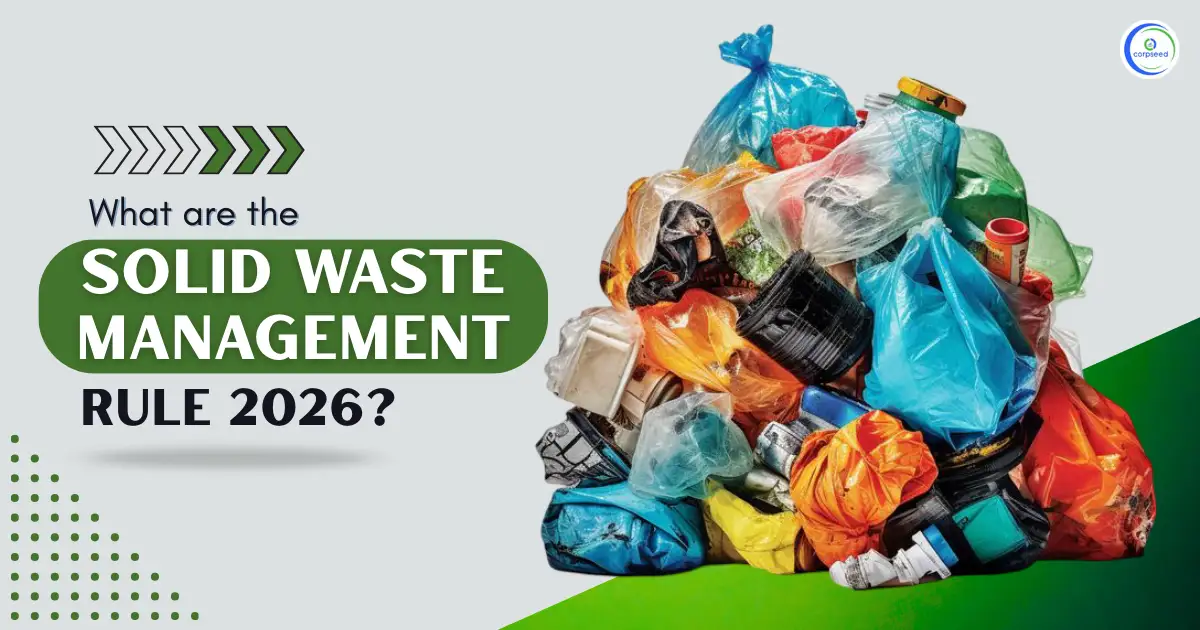
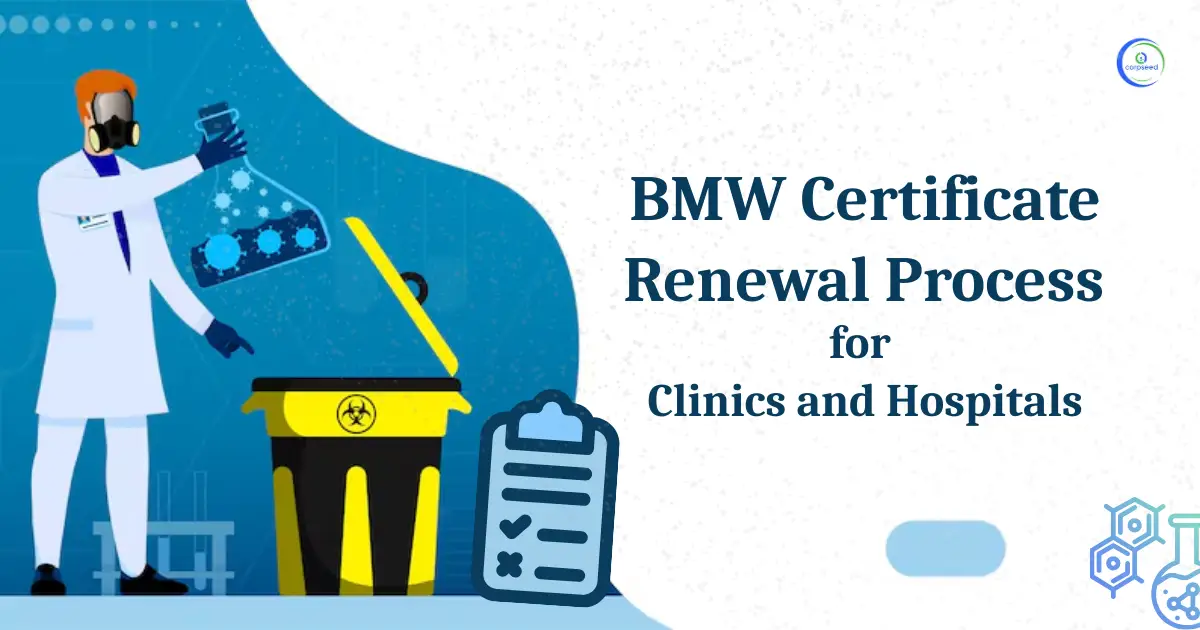
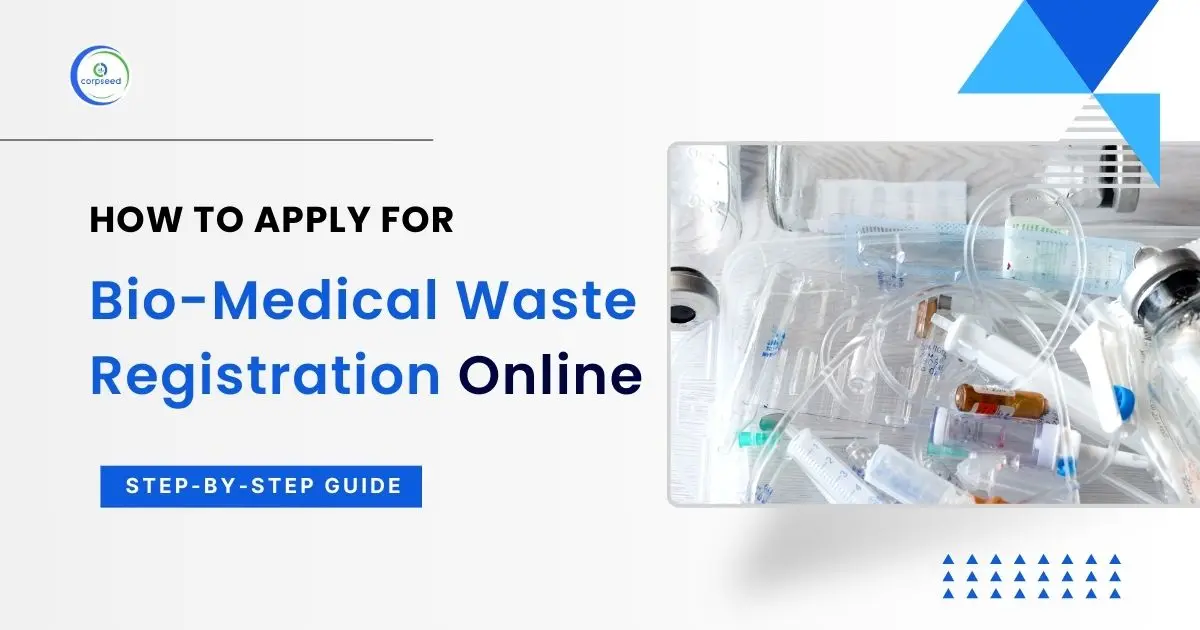
.webp)
